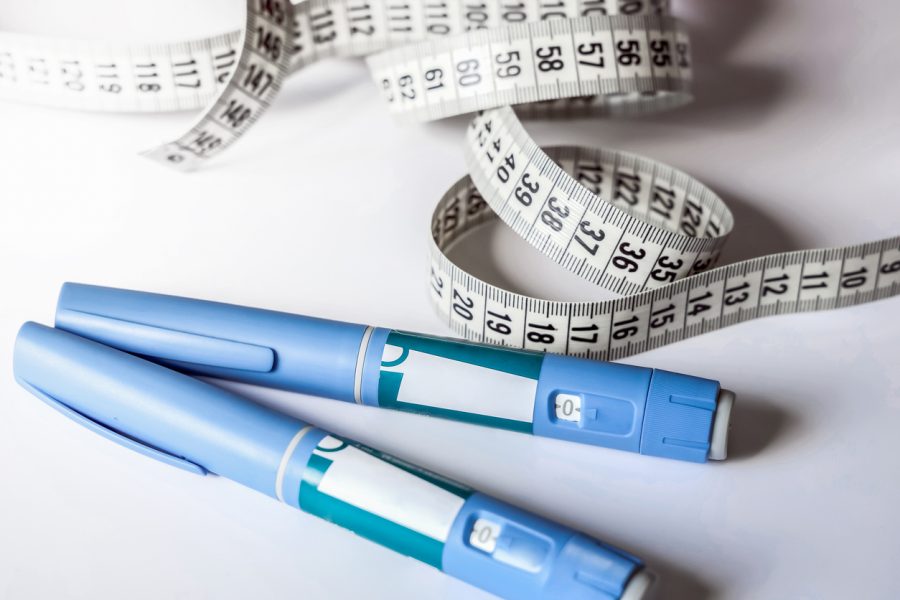
Tirzepatide vs Semaglutide
Tirzepatide and Semaglutide, two popular weight loss injections, discussing their mechanisms, effectiveness, and which option may be better for different individuals.

How to get prescribed Ozempic for weight loss
Ozempic is the brand name for the medication semaglutide. It is an injectable medication that is used primarily to treat type 2 diabetes by regulating blood sugar levels. Semaglutide belongs to a class of medications known as GLP-1 receptor agonists, which mimic the effects of the GLP-1 to increase insulin production and decrease glucagon secretion.

Prescription Weight Loss Pills That Actually Work
In our ongoing quest for health and well-being, weight loss represents a significant challenge for many. While the simplicity of the ‘calories in, calories out’ equation is appealing, the reality is that numerous barriers prevent individuals from engaging in healthy weight loss practices.

Zepbound Vs. Mounjaro: What is the Best Choice for Weight Loss?
In our ongoing quest for health and well-being, weight loss represents a significant challenge for many. While the simplicity of the ‘calories in, calories out’ equation is appealing, the reality is that numerous barriers prevent individuals from engaging in healthy weight loss practices.